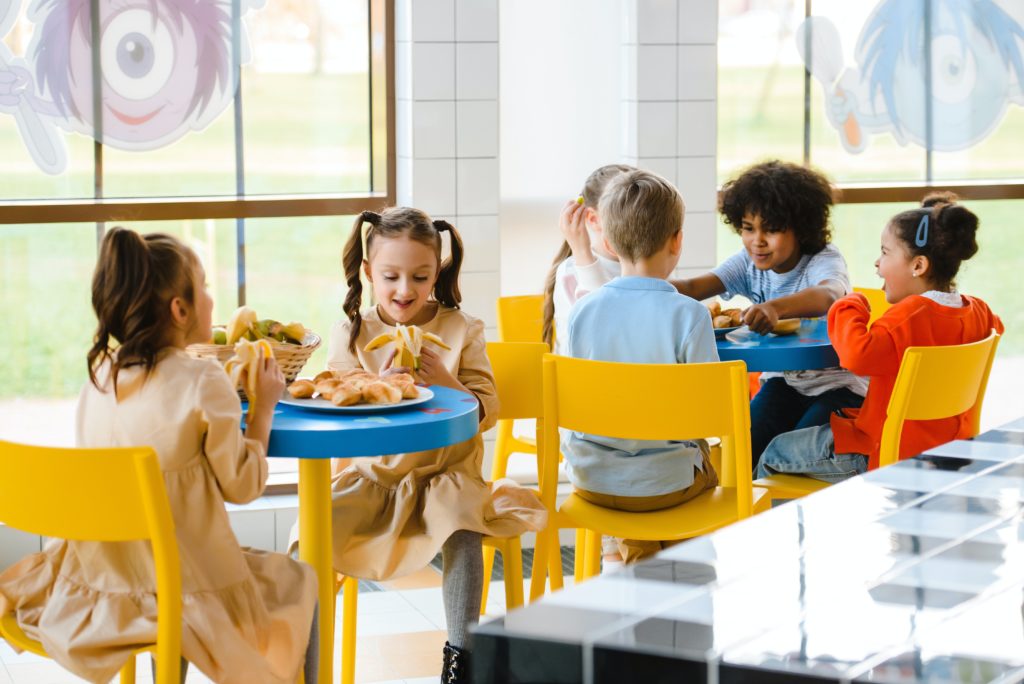Brazil Commits To Serving 10 Million Sustainable Plant-Based School Meals A Year
3 Mins Read
A new partnership between Conscious Eating Brazil, the Humane Society International, and Salvador’s city hall will see plant-based meals rolled out to Brazilian schools. In total, more than 10 million sustainable, plant-based meals are scheduled to be dished up in the Bahia state capital city each year.
Legumes, vegetables and grains will take the place of conventional animal protein sources and help to keep costs down for the education sector, and recipes reflect regional favorites, minus the meat.

Teaching children about plant-based living
The contingent of organisations instigating the move has pledged to offer full support and resources to schools struggling to understand the new meal plans. Plant-based cooking training will be carried out, with chefs, nutritionists, and professional menu planners on hand to guarantee balanced meal plans.
Motivation for the scheme is two-fold. Reducing the carbon emissions associated with school meals is key, but educating younger generations about healthy food options is a chief concern too.
“The idea is to instil and create long-term changes in students’ eating habits,” Marcelo Oliveira, Salvador municipal secretary of education, said in a statement about the initiative. “Today in Brazil we know that children, mainly from the poorest strata of the population, which is the target public of the municipal school system, do not consume the recommended servings of fruit and vegetables, and protein sources are concentrated on products of animal origin. So our proposal is that we can encourage our children to form a healthier palate for the rest of their lives.”
The plant-based school meals initiative has been predicted to save 75,000 tonnes of CO2, 400 million litres of water and 16,000 hectares of forest (culled for animal agriculture grazing).

Younger generations taking point in the climate fight
In February, New York’s plant-based Mayor, Eric Adams, announced Vegan Fridays would roll out to all public schools in the district, the nation’s largest. The scheme will be a permanent change to school menus and is expected to positively impact over 930,000 school children. The guiding principle behind the switch is to expose children from all societal strata to healthy food choices. Adams championed the initiative due to his own veganism, which he credits with reversing serious health conditions.
In the U.K., teen plant-based chef Omari McQueen is working with vegan meat brand Meatless Farm to promote meat-free menus in schools. Alongside the population of his own YouTube channel, the cooking enthusiast will be developing vegan menus in partnership with school catering firms. The project has been dubbed For Kids by Kids.
France appears to be stumbling when it comes to the adoption of alternative proteins and vegan food for school children. A previous attempt to remove all meat from school cafeterias by Lyon Mayor, Gregory Doucet, was met with anger from parents and the French government. The move was deemed as “forcing ideology onto childrens’ plates” and widely considered inappropriate. The issue of cultivated meat was also discussed, with some taking the stance that it is not natural and should not be served to school children. However, other observers highlighted the importance of being open to sustainable alternatives to intensive animal agriculture.
Lead photo by Max Fischer at Pexels.




